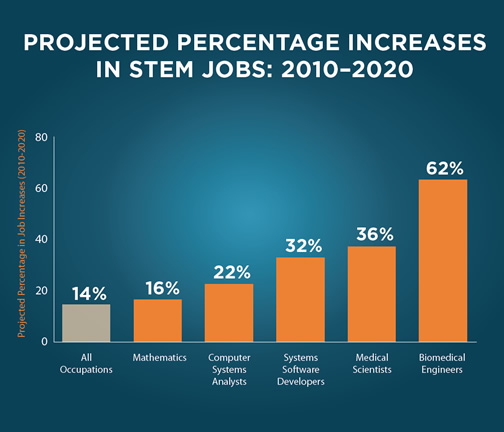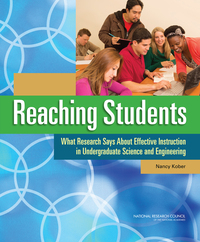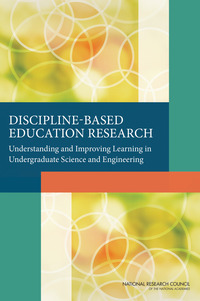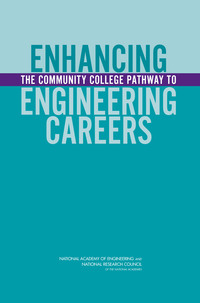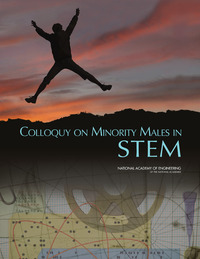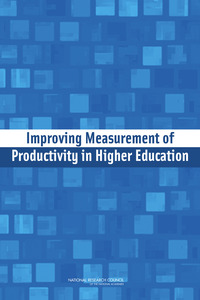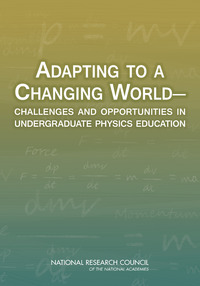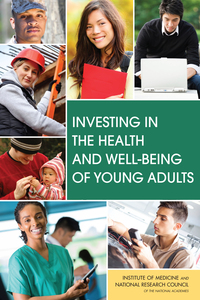Released on Tuesday, Sexual Harassment of Women focuses on one of many roadblocks to the recruitment, retention, and promotion of women in academia. The reports listed below explore these issues and offer recommendations to better support women in these roles.
Over the last few decades, research, activity, and funding has been devoted to improving the recruitment, retention, and advancement of women in the fields of science, engineering, and medicine. In recent years the diversity of those participating in these fields, particularly the participation …
Beyond Bias and Barriers: Fulfilling the Potential of Women in Academic Science and Engineering
The United States economy relies on the productivity, entrepreneurship, and creativity of its people. To maintain its scientific and engineering leadership amid increasing economic and educational globalization, the United States must aggressively pursue the innovative capacity of all its …
Seeking Solutions: Maximizing American Talent by Advancing Women of Color in Academia is the summary of a 2013 conference convened by the Committee on Women in Science, Engineering and Medicine of the National Research Council to discuss the current status of women of color in academia …
Gender Differences at Critical Transitions in the Careers of Science, Engineering, and Mathematics Faculty presents new and surprising findings about career differences between female and male full-time, tenure-track, and tenured faculty in science, engineering, and mathematics at the …
To Recruit and Advance: Women Students and Faculty in Science and Engineering
Although more women than men participate in higher education in the United States, the same is not true when it comes to pursuing careers in science and engineering. To Recruit and Advance: Women Students and Faculty in Science and Engineering identifies and discusses better practices for …
Career Choices of Female Engineers: A Summary of a Workshop
Despite decades of government, university, and employer efforts to close the gender gap in engineering, women make up only 11 percent of practicing engineers in the United States. What factors influence women graduates’ decisions to enter the engineering workforce and either to stay in or leave …
The scientific work of women is often viewed through a national or regional lens, but given the growing worldwide connectivity of most, if not all, scientific disciplines, there needs to be recognition of how different social, political, and economic mechanisms impact women’s participation in …
Who Will Do the Science of the Future?: A Symposium on Careers of Women in Science
Who Will Do the Science of the Future? is the summary of a symposium on careers of women in science. The symposium incorporated three panels of presenters: one focusing on the next generation, Science for All Students; a second that looks in depth at the issues reflected in one particular field of …
Women in the Chemical Workforce: A Workshop Report to the Chemical Sciences Roundtable
For a period of history no women worked outside the home. Bust as years have gone by and society has changed, Women are working varying jobs every day. They are, however, underrepresented in some sectors of jobs. This includes women in the engineering and science fields. To matters worse, women …










